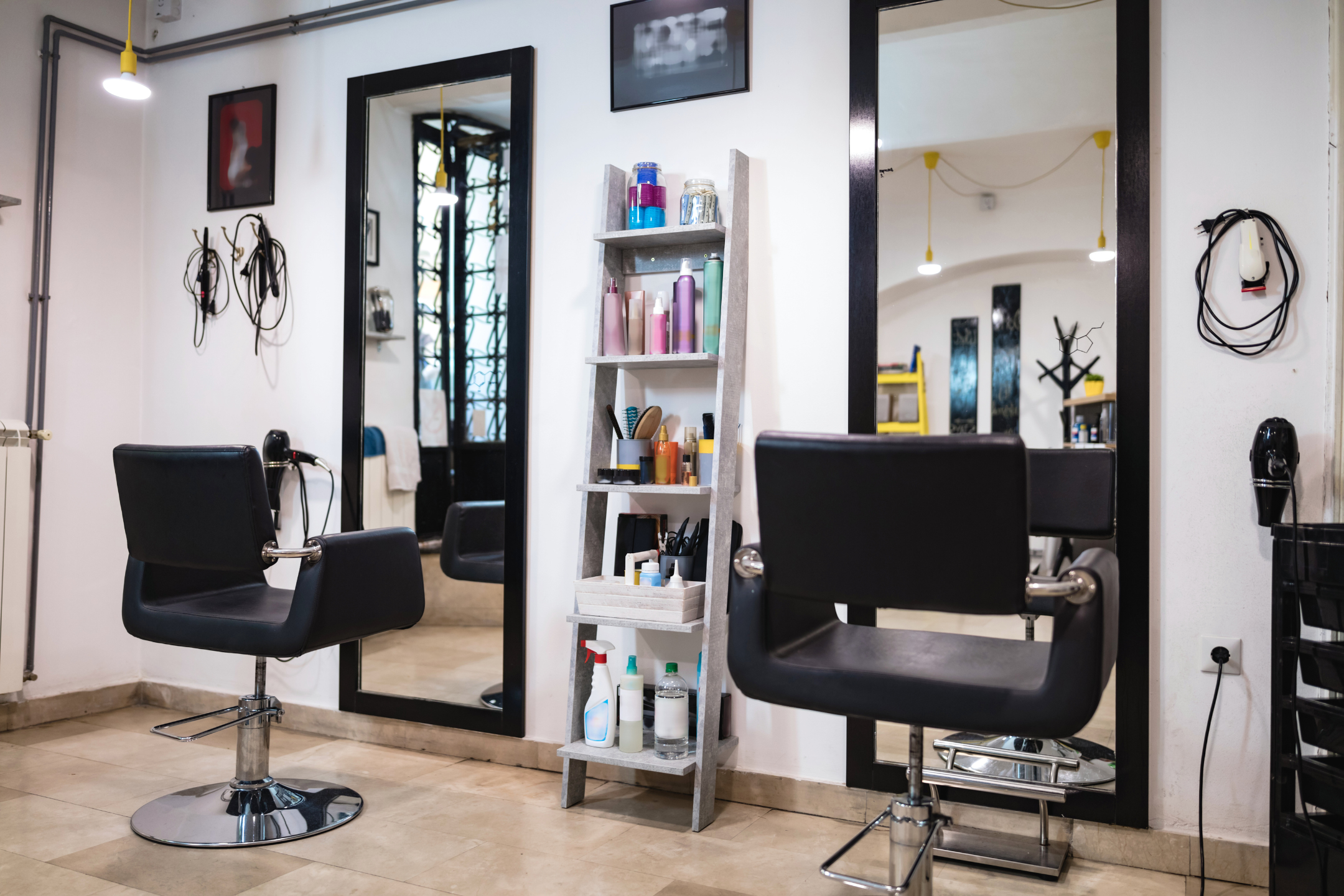Written by: Thomas J. Rachko, Jr., Research-to-Policy Implementation Specialist
My grandmother, Xiomara, or as the loyal, mostly English speaking clients at the beauty salon she works at on 231st in the Kingsbridge neighborhood of The Bronx call her “Mara” (because the “Xio” can be too hard to pronounce) recently celebrated her 75th birthday just a day after Mother’s Day. When I called her ahead of her birthday celebration, she sounded exhausted yet excited – even at almost 75 – she was still looking ahead to a busy day at the salon to make people, or more specifically, las viejitas (the old ladies) beautiful. She had just gotten home from babysitting her grandchildren: a reminder of the caregiving roles that Latina women take on throughout their lives to care for the well-being of their families.
As a policy implementation specialist at the Im/migrant Well-Being Scholar Collaborative, when I think about immigration policy and im/migrant well-being in the United States, I cannot help but think of my grandmother. I see Xiomara in the DACA recipients fighting tirelessly for a pathway to citizenship for over 10 years and in the asylum seekers who make the perilous journey for days without sleep across the Darien Gap.
Xiomara fled communist Cuba in the 1960s and came to the country she has now called home for over 55 years at 16 and pregnant with my uncle. She gave birth to my mom some two years later after settling down in Marble Hill, as far north as Manhattan gets and arguably a part of The Bronx. The above ground subway tracks visible from their apartment building were unlike anything she had ever seen in Banes, Cuba.
I often think of what those early days in the US must have felt like to her – mother to two young children, living in a foreign country, navigating a language barrier, dealing with the trauma that comes with immigration, and missing friends and family still back in her home country who were unable to leave and who were at risk of persecution, famine, and death. She still tells me to this day that she did not want to leave home and would not have if she could have stayed. She still has friends and family that she keeps in touch with in Cuba over Facebook. Her and my grandfather, who has since passed, worked tirelessly to put my mom and uncle through college, which helped them transcend into the middle class.
I think of my grandmother as one of the most resilient people I know. For over 50 years, she has worked as a beautician at la peluquería or the hair salon. It’s physically demanding work. I know the long hours and days have worn her down leading to multiple shoulder surgeries and pain. I have seen in her how resilience turns into exhaustion. I know she persists nevertheless and does it all with a smile, with pictures of her grandchildren and great granddaughter taped along the sides of the mirror at her station – her clients having seen us grow up through school pictures over the years.
At the height of the Cold War, Cubans were given some special privileges into the US as a way of defending against communism. One of those privileges was a path to citizenship through the Cuban Adjustment Act: a reminder of how political context heavily influences immigration policy and how arbitrary immigration policy can be. Even so, Cubans, like immigrants throughout history in the US, have been scapegoated for crime and drugs.
On top of all the physical labor she has put in over the decades providing a vital service to her community, though she doesn’t have to tell me, I know my grandmother is exhausted from the decades of anti-immigrant rhetoric and policies that have targeted people like her. As hard working and resilient as she is, because she is an immigrant she has faced health and economic disparities throughout her life. It’s people like her who give me hope and it’s also people like her who have shown me how resilience can get stretched thin to the point of exhaustion.
According to the National Women’s Law Center, Latinx people like “Mara” are paid 55 cents for every dollar earned by white, non-Hispanic men, the lowest amount among all minority groups. As an immigrant woman she also makes less compared to men in the personal care and service industry: analysis by Narrow the Gap finds that women in her industry make 91 cents to the dollar men earned in 2023 – resulting in $4,000 less in earnings per year.
My grandma’s story is testament to her strength and will, and the story of the perseverance and persistence that marks the lives of many immigrants across the country who have left their homes under duress and in many cases against their wishes. Her story reminds me that while resilience is often a characteristic people admire and tends to be a defining feature of the immigrant experience, it should not come at the cost of their well-being. Policies that ensure pay equity, paid leave, healthcare access, and a minimum wage that pays a living wage, would all go a long way toward mitigating the exhaustion that immigrants such as Mara share.
Thomas J. Rachko, Jr. serves as a research-to-policy implementation specialist at the Im/migrant Well-Being Scholar Collaborative. Thomas' views are his own and not necessarily reflective of the Cisneros Institute.


